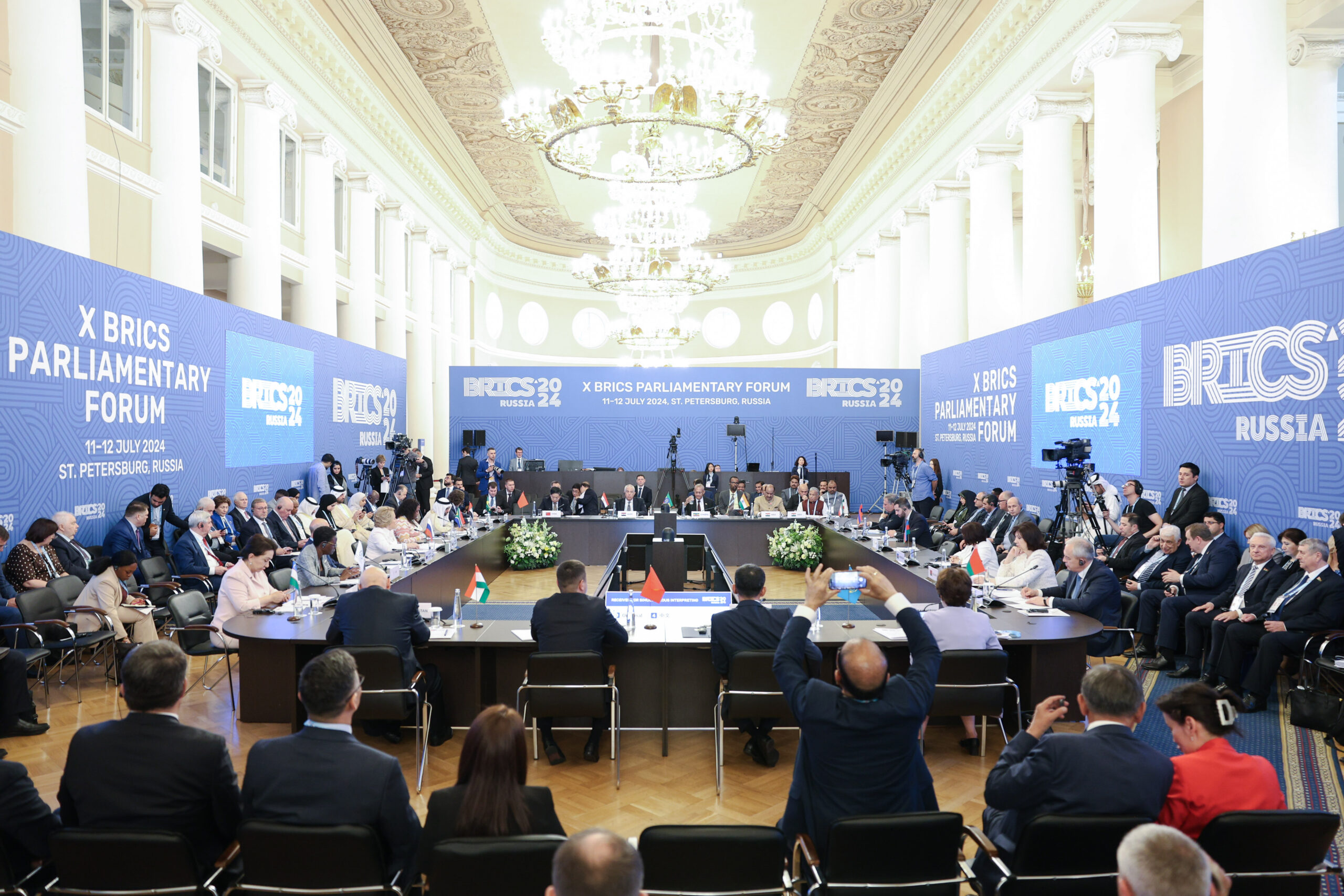
During the 10th BRICS Parliamentary Forum held in St. Petersburg, representatives from BRICS countries underscored the urgency of addressing terrorism, Tass reports.
Their declaration emphasises that terrorism is a severe violation of human rights and a major impediment to economic and social development. “We, the BRICS nations, unequivocally condemn terrorism in all its forms and manifestations. There can be no justification for any acts of terrorism, regardless of their motivation,” the declaration states.
One of the key aspects of the declaration is the emphasis on a comprehensive approach to counter-terrorism. This involves not only military and law enforcement measures but also addressing the socio-economic factors that contribute to the rise of terrorism. “We recognise that poverty, inequality, and lack of education are breeding grounds for terrorism. Therefore, our counter-terrorism strategy must include efforts to promote economic development, social inclusion, and education,” the declaration elaborates.
The BRICS nations also called for the strengthening of multilateral institutions and international partnerships to effectively counter the global threat of terrorism.
A significant part of the BRICS anti-terrorism strategy involves intelligence sharing and capacity building. The member states have agreed to bolster their intelligence-sharing mechanisms to ensure timely and effective responses to terrorist threats. Additionally, the declaration outlines plans for joint training programmes and technical assistance to enhance the counter-terrorism capabilities of member states.
The declaration also addresses the need to combat the use of the internet and social media platforms for terrorist purposes. Recognising the growing threat of cyber-terrorism, the BRICS nations call for stronger regulations and international cooperation to prevent terrorists from exploiting digital platforms for recruitment, propaganda, and financing. “We must ensure that the internet is not used as a tool for spreading extremist ideologies and inciting violence. Collaborative efforts are essential to counter the digital dimensions of terrorism,” the declaration asserts.
Furthermore, the declaration emphasises that all counter-terrorism measures must be in compliance with international law, including human rights, refugee, and humanitarian law.

